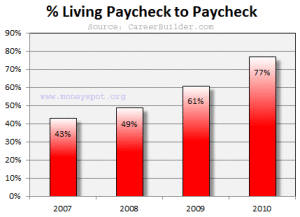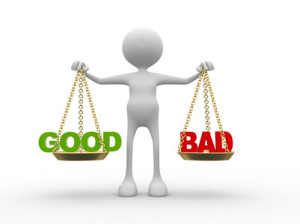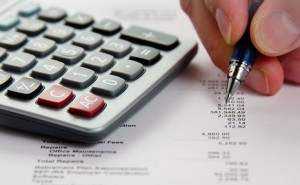 Self employed individuals must plan their retirement even more so that someone who has a company pension to count on. Even folks with company pensions should not just count on their company pension. It may not be enough to live on comfortably. However, that is the subject of another post. This one is focused on what the self employed individual should be doing to ensure that they have the quality of life they desire. Whether they retire early or late this will give them some flexibility regarding the time of their retirement.
Self employed individuals must plan their retirement even more so that someone who has a company pension to count on. Even folks with company pensions should not just count on their company pension. It may not be enough to live on comfortably. However, that is the subject of another post. This one is focused on what the self employed individual should be doing to ensure that they have the quality of life they desire. Whether they retire early or late this will give them some flexibility regarding the time of their retirement.
Self Employed Retirement – Your Business is Successful!
Right now your business may be wildly successful and seemingly there is no end in sight. We all know that 20 years, 30 years and 40 years of business can bring a lot of changes. Some positive and some not so positive. The main message we want to provide in this post is that they need to be saving for retirement every year they are working. Whether it is for yourself in a self employment situation or even if you own a small business. We never know what life will bring us. It is always important to plan for the unknown.
Invest a Minimum of 10%
The best way to do that is to lock away a minimum of 10% every year in a retirement plan. If you can do that beginning at age 20 or when you start working, you will have sufficient money by the time you are 50. Provided that it is well invested. This approach will allow you to decide what it is you want to do and not have someone else make the decision for you.
Of course, you can keep working if you want. But the real message is that you are free to make your own decision about what you do next. You can have the flexibility to make your own decisions about how you want to continue your life. Just imagine not having to worry about having enough money during retirement. Or even when you are approaching retirement.
Invest Well, Focus on Diversity, Don’t Chase High Risk Stocks
When you invest your retirement savings, focus on blue-chip stocks. Focus on stocks that regularly pay dividends and grow their dividends over time. These blue-chip companies will increase in stock value and the income will be paid every three months. The dividends will be invested in more shares, growing your investments even further. This is by far the best way to increase your retirement savings. Especially if it is in a registered plan that is not taxed until you remove the funds from the plan.
As you build your business, don’t forget to focus on the long term plan for your retirement years so that they are as rewarding and successful as your working years.

